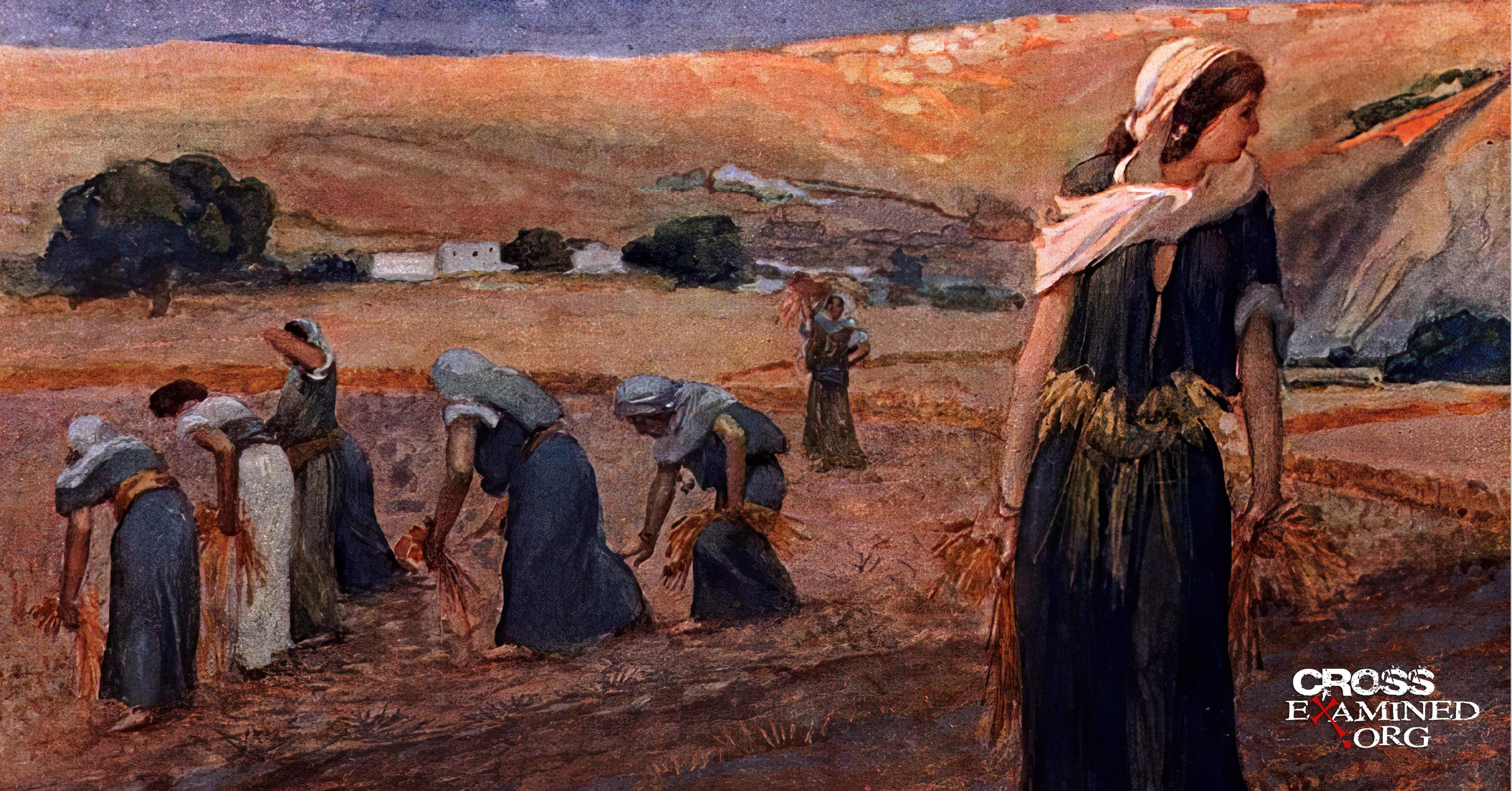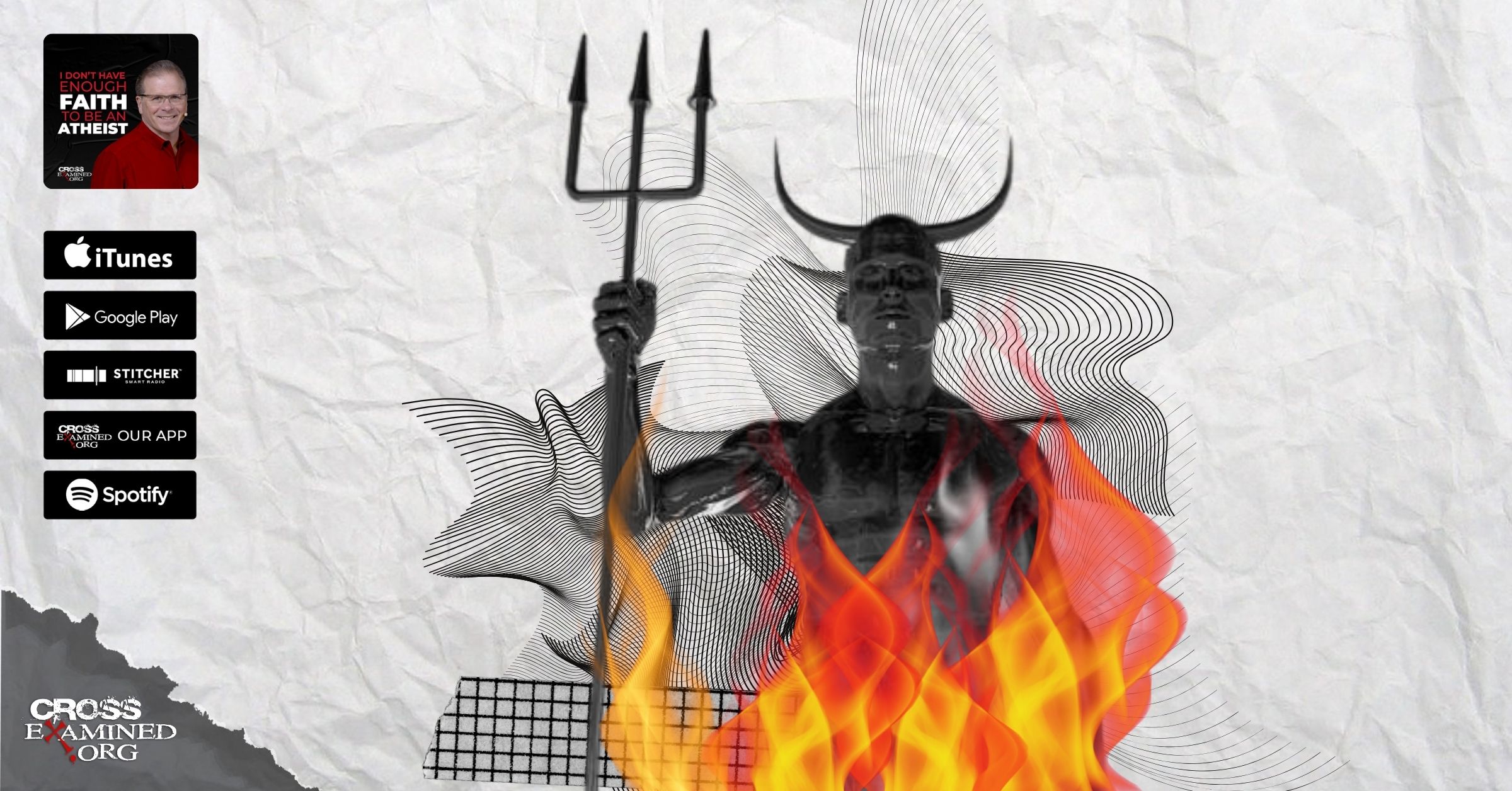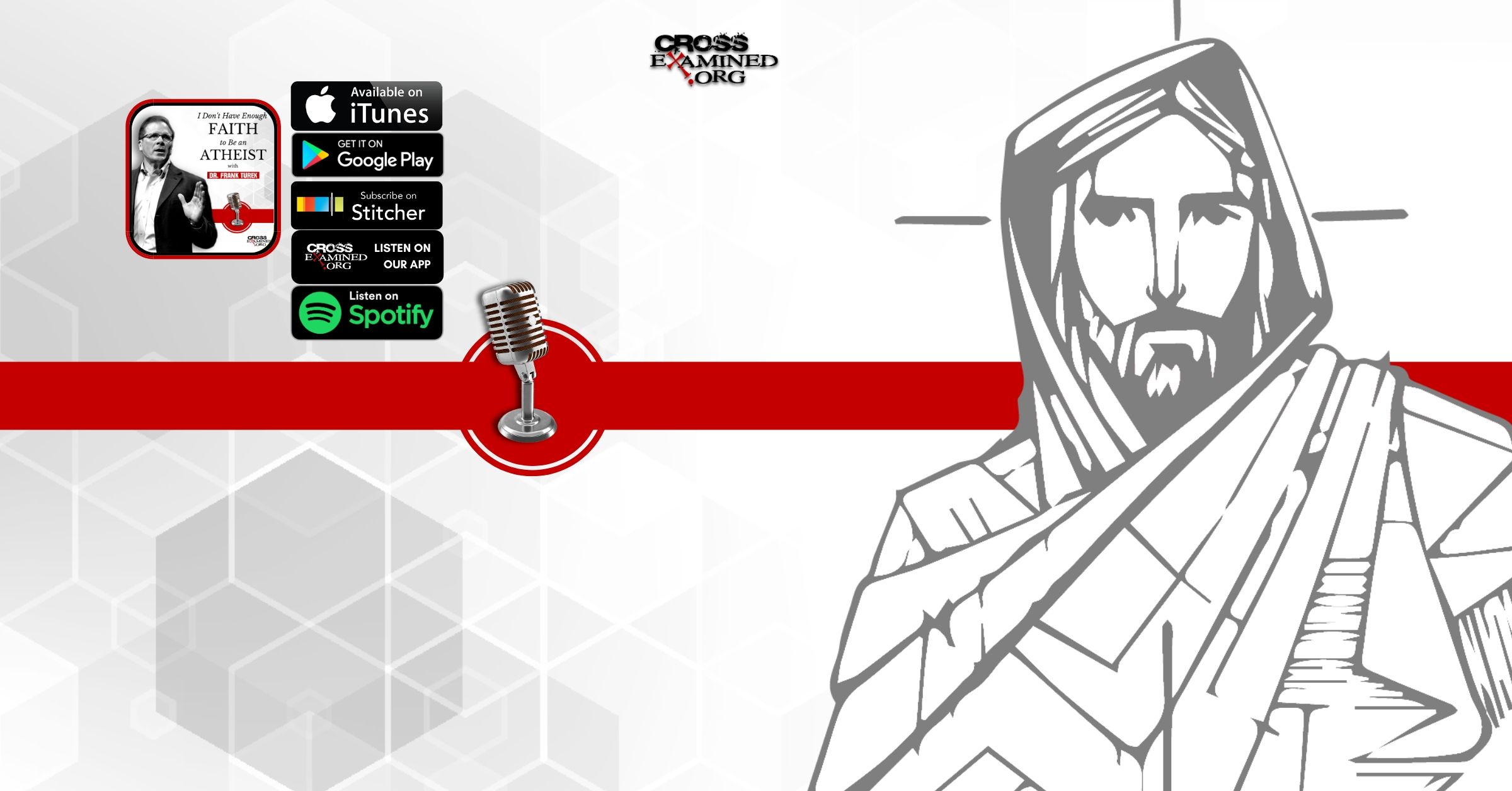Book Review: Time for Truth: Living Free in A World of Lies, Hype, and Spin
Introduction
“Time for Truth: Living Free In A World of Lies, Hype, and Spin” by Os Guinness has been on my reading list for several years now. It is a relatively short book, so I popped it in my bag to read during downtime on a trip to see family. By the time I had made it through the first chapter, I wished that I had made time to read it sooner!
In today’s cultural and political climate that seems to twist and spin reality to fit certain narratives, it is vital that people be able to distinguish between truth from falsehood. The history of the East demonstrates the implications of denying truth as an accurate reflection of reality. In “Time for Truth,” sociologist Os Guinness takes the reader through the philosophies and events that led to the fall of the East and compares them to current philosophies and events in the West. He warns that if the West continues on its current trajectory, it is headed for a similar collapse.
As usual, this review will take the form of a chapter-by-chapter summary and conclude with my thoughts and recommendation.
Book Introduction: But Not Through Me
Guinness opens his book by recalling the revolutionary event of the fall of communism in eastern Europe and Russia in the late 1980s and early 1990s. The significance of this at the time was that under communist rule, propaganda was taught instead of truth so much so that the populace believed what was false to be true. But it was only when some members of the populace pointed out that what was being taught by their government were lies told in order to maintain power and control. The taste of and for truth grew and grew until finally, the purveyors of false narratives were overthrown, and the truth set these nations free from the lies and tyranny.
Ironically, at the same time, this revolution of truth took place in the East, the West was busy relativizing truth the way the communists already did in the East. Guinness sets up the rest of his book by pointing out that such a postmodern view of truth violates reality and morality (why it was overthrown in the East), and the West is on the road to accepting the same view of truth. However, if the West does not recognize the mistakes of the past (in the East), then it will suffer a similar fate. But it is not enough to merely make observations about the past; the people of the West must take action now and become “people of truth” to prevent a repeat of history.
Chapter 1: Back to The Moral Stone Age
In order to show that the West is, in fact, on this same path, Guinness takes a look at the change in students’ reactions to the morally repugnant practice described in the story “The Lottery.” The 70s, 80s, and 90s saw a dramatic shift in the schools regarding moral judgments. The 70s and 80s saw students gradually shift their focus from outrage over the most heinous human behaviors (human sacrifice, in the case of “The Lottery”) to focusing on the more trivial aspects of the same tale. Fewer moral judgment were made, and more stylistic critiques became the main focus. In the 90s, this shift seemed almost complete, to where students were allergic to giving moral judgments about another’s cultural practices, no matter how heinous the action.
Guinness observes too that ethical training in today’s higher academy has also shifted from making any moral judgments to merely providing information about cultures and how to avoid punishments if one does not agree and wishes to participate in prohibited practices. On this new view, no one is truly deviating from any objective standard; they just act differently from others. Guinness ties this to the writings of Friedrich Nietzsche. These writings take the idea that “God is dead” and vehemently attacked the very concepts of knowledge and morality- stating that nothing can be known or trusted, and nothing is as it seems. Nietzsche supports a radical skepticism and distrust about everything and everyone, and thus, a meaningless and purposeless existence is all that any individual has.
Chapter 2: We’re All Spinmeisters Now
With Nietzsche’s idea that with God’s death comes the death of all knowledge and truth about anything, people are free to tell whatever stories they wish that will accomplish their personal goals (or a “greater truth”)- whether the stories are true or not. As multiple people tell their own contradicting stories and these lies are discovered, others’ trust in these people and those who support them dwindles. This causes a vicious cycle of skepticism that self-perpetuates. The singular truth stands alone in a multitude of lies promoted by their own multitude of untrustworthy sources. In this sea of “spin,” the truth ultimately becomes unidentifiable by the individual and even outside their grasp. The individual has nothing solid to grab onto to ground themselves in reality, so they are forced to make up stories of their own and live their own lie of a life.
Guinness illustrates this in practice with the very public figures of Mark Twain and Rigoberta Menchu. The stories that were told by both (Samuel Clemens, in the case of “Mark Twain”) were false, but they each acted as if they were true, and the culture responded accordingly. Clemens’ false story had more pop-cultural effects, while Menchu’s lies had political and educational ramifications. Even after the lies were discovered, both held firm saying that these were “their truths.” Guinness makes the point that when knowledge is not attainable, lies can perpetuate like this easily in a culture, and the culture is eager to accept them even if the stories are discovered to be false. On this postmodern view of truth, everyone is free to make up their own truth from moment to moment, all depending on their feelings at the moment or whatever they feel will accomplish their goal at that moment.
Chapter 3: The West Versus Itself
Quite often, this battle for the concept of truth has been seen as an “East vs. West” battle. Where the eastern philosophies held to relative and subjective views of truth and western philosophies held to the objective view of truth. Guinness observes that Geoge Washington and the other Founding Fathers saw their newly formed country as an experiment with “ordered liberty”- freedom exercised within the confines of objective truth. But postmodern views of truth have sneaked their way into western culture, not unlike a Trojan horse. This attack has been so successful since the formation of America that even the President of the United States in the 1990s saw and exercised the liberty to attempt to adjust truth to fit his own desires.
Guinness takes the time to demonstrate how seven unique characteristics of a postmodern mind were exhibited in President Bill Clinton during his sex scandal. Because of Clinton’s public face and the respect of Americans for the office of the President of the United States, his postmodern actions shifted western thinking more permanently toward postmodern views of truth. This view of truth has become so ingrained in western thought now that the battle is now the older western though versus, the newer western thought. The west is engaged in a war against itself for itself.
Chapter 4: Differences Make A Difference
Unfortunately, many people do not see why it makes a difference in what view of truth one holds. Guinness explains that the way one views truth can have great implications. He takes the atheist survivor of Auschwitz, Primo Levi, and the theist Russian revolutionary, Aleksandr Solzhenitsyn, to compare and contrast the views’ implications. Levi held that no God exists to ground truth. He tasked himself with ensuring that Auschwitz was never forgotten or repeated, but the weight of such a task, without any ultimate purpose or truth to ground his claims in, ultimately led to his suicide. On the other hand, Solzhenitsyn merely publically promoted his view of truth to release Russia from the shackles of the communist regime, that made a habit of presenting falsehood to its people as truth in order to subjugate them. Solzhenitsyn had an ultimate purpose and objective truth behind his actions that made them meaningful. Levi had no purpose and only relative truth behind his actions that made them meaningless.
These differences are not trivial; rather, they are impactful. Guinness offers that the West has become so hypnotized by the supposed “freedom” that having no objective truth brings, that it has not been able to experience true freedom. True freedom requires identity and limits. But if there is neither (what relative views of truth assert), then the individual must endlessly wrestle with their identity and what limits exist before they can even begin to experience true freedom. Because there is no objective truth about identity or limits, there is no end to their wrestling; thus they never will experience true freedom, and their pursuit becomes a prison. It is only when one recognizes that objective truth exists and the Foundation of Truth (God) that objective identity and objective limits can be discovered and freedom is even possible to experience.
Chapter 5: Turning The Tables
So far, Guinness has argued against relativistic views of truth by demonstrating the implications of such a view. But that is not always the most effective way to argue. It tends to be more effective if one argues on the skeptic’s own grounds. Guinness proposes two strategies for argumentation: one negative and one positive. The negative approach takes the relativist’s own relativism and follows it to its logical implications until it violates something of great value to the relativist. This usually doesn’t take long since the relativist values their own objectivity. While they desire that everyone else be a relativist, they do not apply such a requirement and fate to themselves. Seeing that their own views may be thought but not lived may be enough to jerk their thinking about truth back to reality.
Guinness argues that it is often not until a person is brought face-to-face with the dire implications and emptiness of their view of truth that they are willing to entertain an alternative. Ironically, when an individual or even a nation is at its philosophical and ethical breaking point, is when the opportunity to argue for the alternative is most effective. This opens the door to the positive approach. It also appeals to what the relativist values. With the inability for relativism to produce what the relativist values now in place, the positive approach shows how the objective view of truth genuinely provides what the relativist values. Guinness encourages the reader to consider that while it may seem that darkness has overtaken the individual relativist or a relativistic culture, that darkness may actually be an indicator that a new day is coming.
Chapter 6: On Record Against Ourselves
In Guinness’ final chapter, he encourages the reader to be a seeker of truth. As one is seeking objective truth, though, it is important to realize that there are subjective perspectives that do cause people to come to different conclusions about reality. While this is no excuse for seeing things inaccurately, it is an explanation for such and a beginning point to recognize in our own search for truth to guard against. One more thing can keep people from seeing reality as it is.
The biblical worldview holds that by nature, we are not just truth-seekers; we are truth-twisters. It is a sin in our lives that pushes us towards false narratives and rationalizations. Interestingly enough, it is the dual nature of man that explains both the successes and failures of modern and post-modern views of truth. Guinness explains that is it only the biblical worldview that can provide a foundation for not just the pursuit of truth but also how and why such a pursuit can go wrong. He encourages the reader to accept, because of its explanatory power, the biblical worldview of our sinfulness and our need for the Savior, Jesus Christ. Christ is the truth; thus it is in accepting Him that will allow us to truly be “people of truth,” and it is only as true “people of truth” that we can experience real freedom.
Reviewer’s Thoughts
“Time for Truth” was a fascinating read. I have to admit that I had picked up the book a couple of times in the past and (re)started before I was able to make it through this time. The introduction was a little slow, but once I passed that, it picked right up, and I was hooked! I really enjoyed how Guinness took the reader through several events in recent history that have led to the crisis of truth in American culture. I found myself stopping many times to reflect on events in my own lifetime that Guinness described and older events’ effects on what I experience today. The way that Guinness connects modern events with the crisis of truth that he speaks against is what will draw the reader in. This is not merely a theoretical treatise on truth; it is an analysis of events in our lifetimes and a warning of what will come if the West follows in the footsteps of the East regarding the ideas of truth.
Post-modernism has saturated our culture, and its effects are being played out before our eyes and in ways that are so subtle that we may not even recognize it. For anyone who is concerned about modern western culture’s treatment of truth, this book is highly recommended. For anyone who is fed up with the claims of “fake news,” this book is highly recommended. For anyone who is tired of seeing politicians change the truth for their own agendas, this book is highly recommended. For anyone who is concerned with history, this book is highly recommended. For anyone who is concerned with their children’s future, this book is highly recommended. Needless to say, this book is highly recommended for all serious readers and those who are fascinated by politics and modern culture. It will enhance your perspective on what is taking place today and give you not only an explanation for what is taking place but also provide a solution. Go get this book!
Recommended resources related to the topic:
Digging for the Truth: Archaeology, Apologetics & the Bible by Ted Wright DVD and Mp4
Is Morality Absolute or Relative? by Dr. Frank Turek DVD, Mp3 and Mp4
When Reason Isn’t the Reason for Unbelief by Dr. Frank Turek DVD and Mp4
Right From Wrong by Josh McDowell Mp3
Can All Religions Be True? mp3 by Frank Turek
Counter Culture Christian: Is There Truth in Religion? (DVD) by Frank Turek
Luke Nix holds a bachelor’s degree in Computer Science and works as a Desktop Support Manager for a local precious metal exchange company in Oklahoma.
Original Blog Source: http://bit.ly/36EJugg












Leave a Reply
Want to join the discussion?Feel free to contribute!